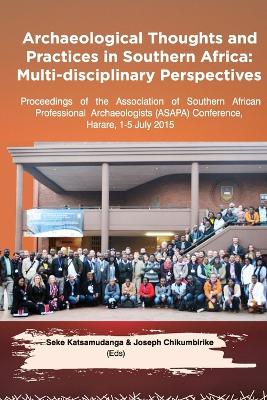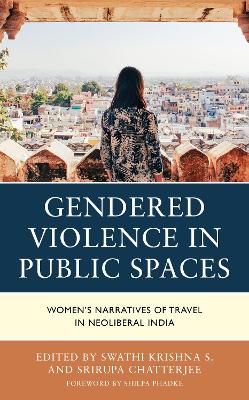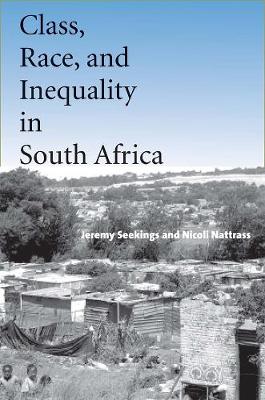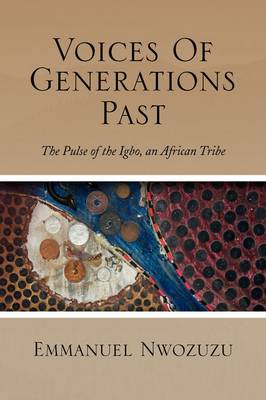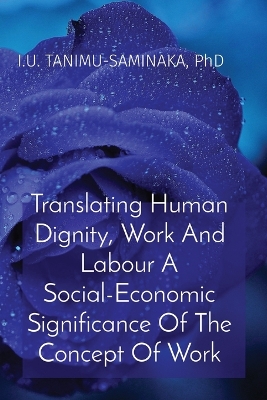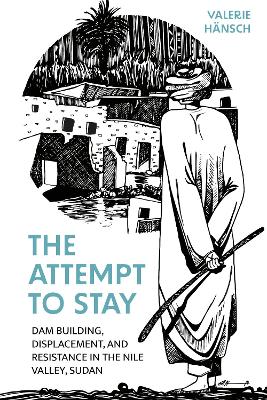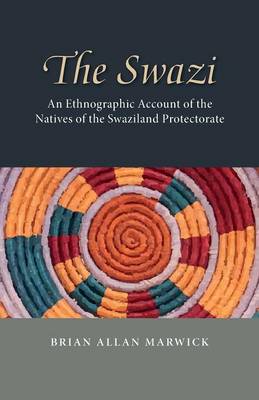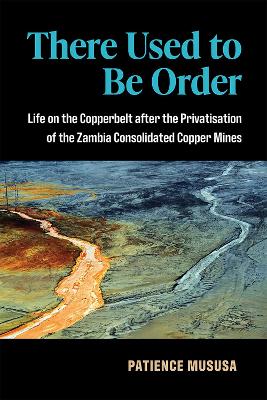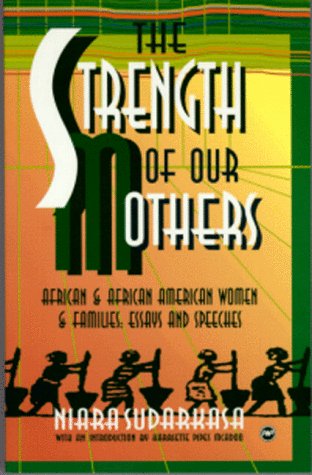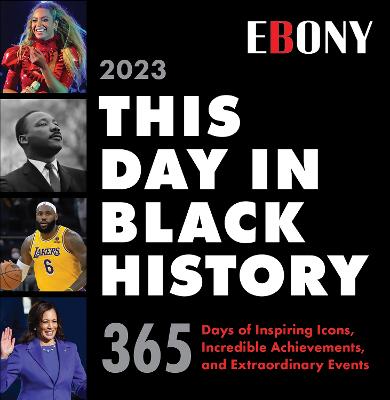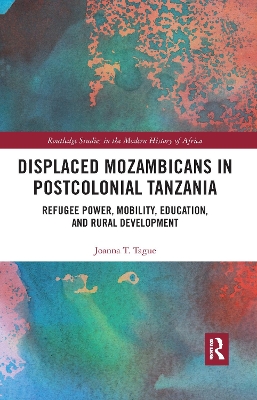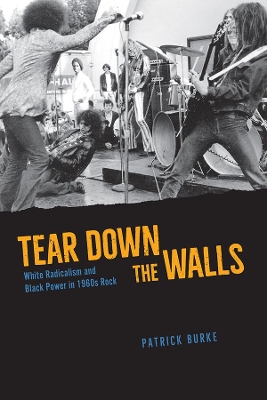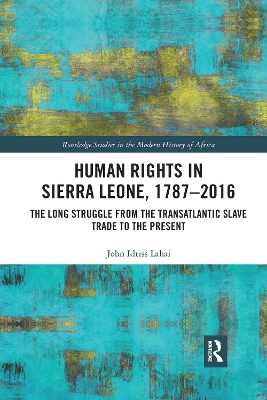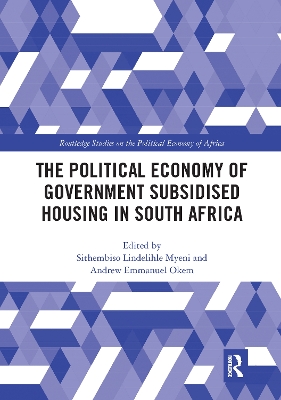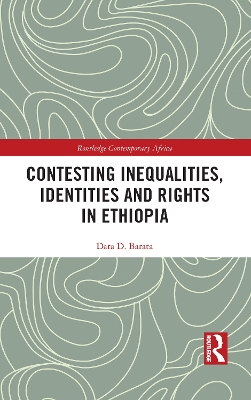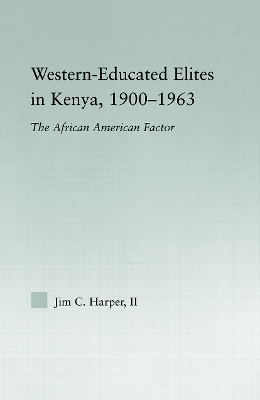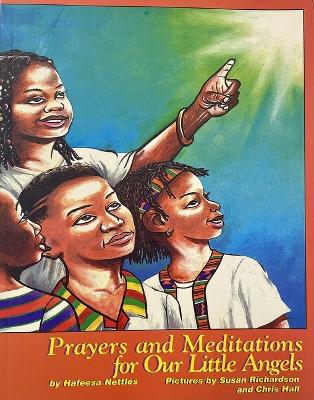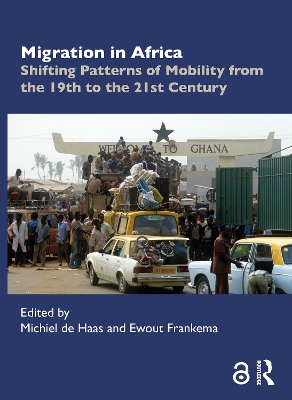Ethnology of A-Kamba and Other East African Tribes (Cambridge Library Collection - Anthropology)
by C. W. Hobley
C. W. Hobley (1867–1947) was a colonial administrator who was stationed in Kenya between 1894 and 1921. Following the implementation of Indirect Rule in Kenya, indigenous law and custom were followed in political and judicial proceedings, with the colonial administration requiring a working knowledge of traditional customs. This book contains information collected by C. W. Hobley during his tenure as administrator of Nyanza Province and was first published in 1910 as part of the Cambridge Archae...
Gendered Violence in Public Spaces
Gendered Violence in Public Spaces: Women’s Narratives of Travel in Neoliberal India examines the vulnerability of women in public spaces in India through the analysis of artistic representations ranging from emerging digital media, commercial Hindi films and graphic narratives to narratives of real and lived experiences of women. In doing so, this volume initiates a scholarly discussion on the myriad challenges posed by male-dominated public spaces for the female traveler, demanding women’s rig...
The distribution of incomes in South Africa in 2004, ten years after the transition to democracy, was probably more unequal than it had been under apartheid. In this book, Jeremy Seekings and Nicoli Nattrass explain why this is so, offering a detailed and comprehensive analysis of inequality in South Africa from the midtwentieth century to the early twenty-first century. They show that the basis of inequality shifted in the last decades of the twentieth century from race to class. Formal deracia...
Translating Human Dignity, Work And Labour A Social-Economic Significance Of The Concept Of Work
by I U Tanimu-Saminaka
The construction of the Merowe Dam along the Nile in northern Sudan flooded local villages and forced thousands of inhabitants to flee to higher ground. Despite the radical social and environmental transformations and an uncertain future, the Manasir have tried to continue their peasant way of life and resisted relocating to state-run resettlement schemes. Rather than focusing on migration and resettlement, the author follows the people’s attempts to preserve their homeland and have meaningful...
Brian Allan Marwick (1908–92) was a colonial administrator and anthropologist who worked extensively with the Swazi people. In this book, which was originally published in 1940, Marwick presents a detailed analysis of various aspects of Swazi culture, drawing upon his extensive experience as a government official, together with fieldwork carried out during July and August 1934. The text examines social organization, economic life, religion and magic, political organization, the legal system, and...
George Rodger; Village of the Nubas
by Peter Hamilton and Magnum Photos
In 1949 the Englishman George Rodger, one of the founding members of the Magnum photo agency, learned of the Nuba tribe while travelling in the Kordofan region of the Sudan. The Nubas were a people living just as their ancestors had lived - centuries before. Remarkably, he was granted permission by the Sudanese government not only to spend time with the tribe, but to be the first ever Westerner to photograph its rituals and way of life. In 1955, Rodger's 'Nubas' photographs were published in F...
In There Used to Be Order, Patience Mususa considers social change in the Copperbelt region of Zambia following the re-privatization of the large state mining conglomerate, the Zambia Consolidated Copper Mines (ZCCM), in the mid-1990s. As the copper mines were Zambia’s most important economic asset, the sale of ZCCM was considered a major loss to the country. More crucially, privatization marked the end of a way of life for mine employees and mining communities. Based on three years of ethnograp...
Displaced Mozambicans in Postcolonial Tanzania (Routledge Studies in the Modern History of Africa)
by Joanna T. Tague
This book is the first study of displaced Mozambican men, women, and children—from refugees and asylum seekers to liberation leaders, students, and migrant workers—during the war for independence from Portugal (1964-1974). Throughout the war, two distinct communities of Mozambicans emerged. On the one hand, a minority of students and liberation leaders, congregated in Dar es Salaam and, on the other, the majority of Mozambicans, who settled in refugee camps. Joanna T. Tague attends to both the...
From the earliest days of rock and roll, white artists regularly achieved fame, wealth, and success that eluded the Black artists whose work had preceded and inspired them. This dynamic continued into the 1960s, even as the music and its fans grew to be more engaged with political issues regarding race. In Tear Down the Walls, Patrick Burke tells the story of white American and British rock musicians' engagement with Black Power politics and African American music during the volatile years of 19...
Human Rights in Sierra Leone, 1787-2016 (Routledge Studies in the Modern History of Africa)
by John Idriss Lahai
This book offers an up-to-date, comprehensive interdisciplinary analysis of the multifaceted and evolving experiences of human rights in Sierra Leone between the years 1787 and 2016. It provides a balanced coverage of the local and international conditions that frame the socio-cultural, political, and economic context of human rights: its rise and fall, and concerns for the broader engendered issues of the transatlantic slave trade, colonialism, women’s struggle for recognition, constitutional d...
This book unpacks the political economy of government subsidised housing programmes in South Africa. Exploring government policy towards subsidised housing in South Africa, this edited collection analyses various programmes, their shortcomings and potential options to address these weaknesses in the context of a country suffering from an exponential demand for housing in the face of insufficient supply. The Political Economy of Government Subsidised Housing in South Africa looks at the complex...
This book explores the barrack experiences of soldiers in post-independence Zimbabwe, examining the concept of military professionalism within a state in political crisis. Drawing upon interviews with former soldiers of the Zimbabwe National Army, Soldiers and the State in Zimbabwe casts a light on the oppression of soldiers by commanders who sought to repress and control the political thinking of their men. By contextualising the political, economic and material conditions in which Zimbabwean...
Contesting Inequalities, Identities and Rights in Ethiopia (Routledge Contemporary Africa)
by Data D. Barata
This book examines the relationship between inequalities and identities in the context of an unprecedented state advocacy of human rights with a distinct emphasis on (ethnic) group rights in post-civil war Ethiopia. The analysis is set against the background of a dramatic state remaking by a rebellion movement (the Ethiopian People's Revolutionary Democratic Front – EPRDF) that seized control of the Ethiopian state in 1991, after a decisive battlefield victory over an unpopular regime. The new g...
Western-Educated Elites in Kenya, 1900-1963 (African Studies)
by Jim C. Harper
Western-educated Elites in Kenya, proposes to conduct a critical examination of the emergence of the American-educated Kenyan elites (the Asomi) and their role in the nationalist movement and eventually their Africanization of the Civil and Private sectors in Kenya.
Migration in Africa
- The first book to synthesize migration history in Africa from the early 19th to the early 21st century -Cross-disciplinary approach makes it suitable for undergraduate and postgraduate students across a range of social sciences subjects -Coverage is diverse across time (19th-21st centuries), geographies (migration systems are compared and contrasted across the continent), and themes (covering forced & voluntary migration, rural & urban, sudden ruptures (eg war) & more gradual changes).

